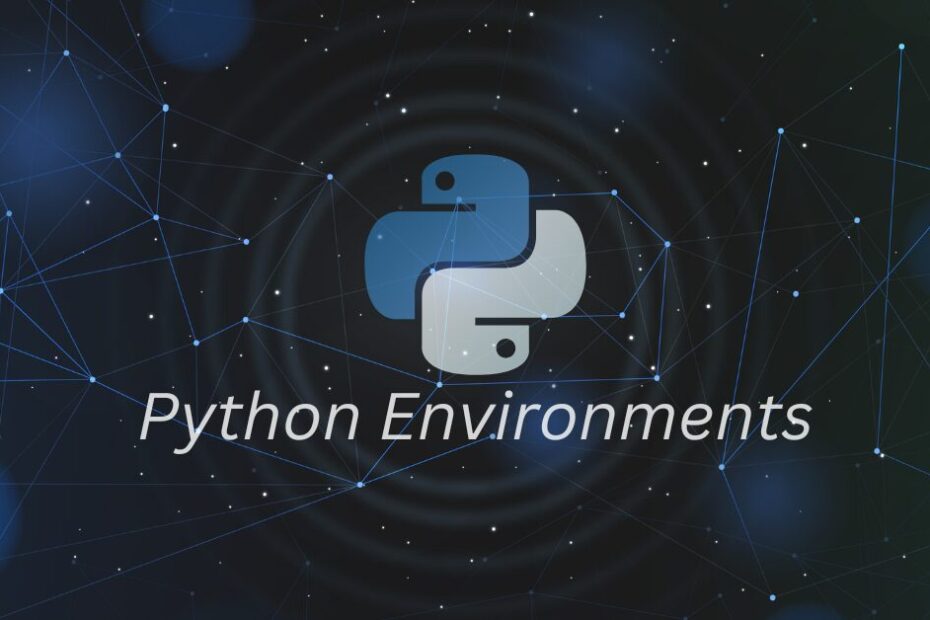Python is a versatile and widely used programming language known for its simplicity and readability. As a Python developer, you might often find yourself working on various projects, each with its unique set of dependencies, libraries, and Python versions. Managing these diverse requirements can be a daunting task, but it doesn’t have to be. In this blog, we will explore the concept of managing multiple Python environments and discuss the tools and best practices that can make your life as a developer much easier.
Why Manage Multiple Python Environments?
There are several compelling reasons to manage multiple Python environments:
-
Version Compatibility: Different projects may require specific Python versions, and managing these versions can be a challenge. It’s crucial to ensure your code works seamlessly across all your projects without breaking compatibility.
-
Dependency Isolation: Projects often depend on various libraries and packages. Isolating dependencies for each project helps prevent conflicts and ensures that changes in one project won’t affect others.
-
Testing and Development: Developers frequently need to test their code in various Python environments to ensure that it works as expected. Managing separate environments for testing and development is essential.
About Us
NuageNetz IT Services Pvt. Ltd. is a cutting-edge IT company that specializes in Cloud Computing, Web Development, DevOps and Agile Methodologies. Our team of skilled professionals is dedicated to providing exceptional services to our clients using the latest technologies and tools
Got Something to say about our Blog?
Have something to say? Drop your thoughts, feedback, or questions in the comments below!
